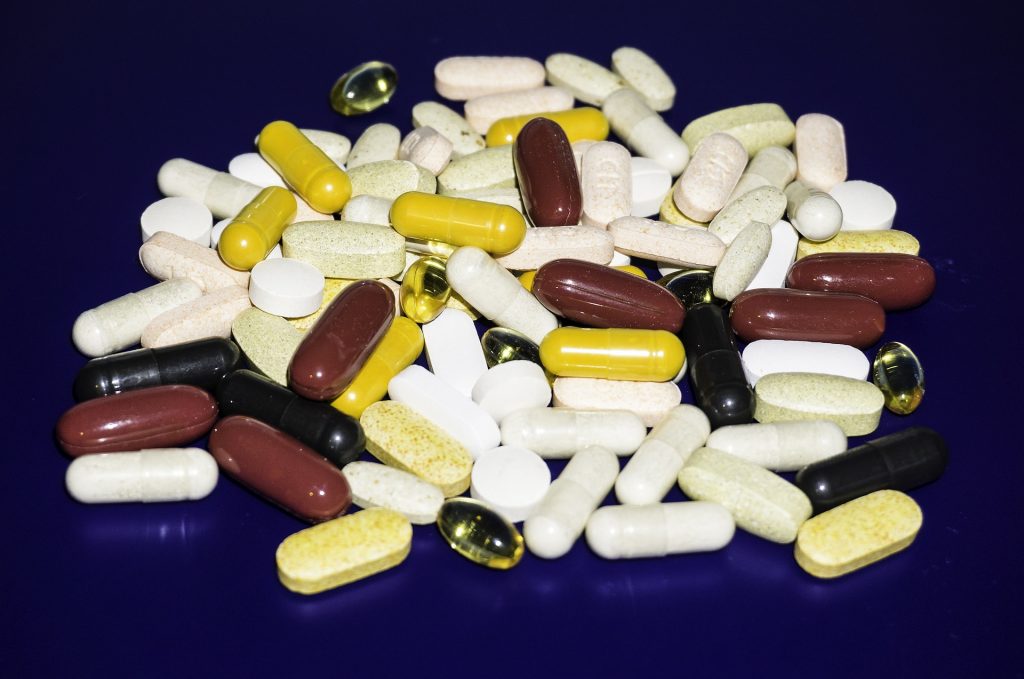Guest blog by Designs for Sports
Type 2 diabetes, or non-insulin dependent diabetes mellitus (NIDDM), is a medical condition that is growing in numbers on a global scale. Worldwide, approximately 463 million adults have been diagnosed with diabetes, and those numbers are expected to surpass 700 million by 2045. Diabetes has a significant impact on economics, along with complications, disability, premature death, and treatments with poor quality of life contributing to the rising financial burdens. Problems related to nutritional status are frequently assessed among individuals with NIDDM.
A recent review article by Petroni and colleagues, the targeted nutritional approaches for this population are discussed. These researchers consider the potential importance of targeted nutrition to support metabolic function and the cardiovascular system.
The researchers review micronutrients such as inositol (a phytonutrient found in its myo-inositol and D-chiro-inositol forms) to treat NIDDM. Additional studies indicate that irregularities in the metabolism of myo-inositol and D-chiro-inositol may lead to insulin resistance and the potential development of diabetic conditions. Inositol may contribute to glucose regulation through its secondary messengers by increasing the activity of glucose transport proteins.
Other micronutrients highlighted in the review article include vitamin D. Deficiencies in vitamin D have been linked to vascular inflammatory responses. Serum levels of 25(OH)D were found to be significantly lower in individuals with NIDDM compared to healthy subjects. Studies have shown supplementation with vitamin D has significantly improved biomarkers related to insulin resistance in certain populations.
Niacin is another micronutrient described by Petroni and colleagues. Niacin is a B vitamin with an extensive body of research that has investigated its supportive role for glucose metabolism. Niacin plays a role in hundreds of redox reactions in the human body that are important for cellular function and energy. Niacin has been shown to support lipid metabolism and cardiovascular health and to significantly restore C-peptide release.
Certain minerals may also support glucose metabolism and other aspects of health in individuals with NIDDM. Chromium has been shown in the meta-analysis to have positive effects on glucose control in patients who have diabetes with no increased risk of adverse events as compared to a placebo. It also has been shown in combination with picolinate to reduce fasting glucose, hemoglobin A1c, and triglycerides, and to increase high-density lipoprotein cholesterol levels. Supplementation with zinc has been shown to support health in individuals with NIDDM.
Zinc supplementation has been observed in clinical trials, and the results have indicated significant reductions in the levels of fasting blood glucose, hemoglobin A1c, total cholesterol and low-density lipoprotein cholesterol. In addition, zinc deficiency can be common in those with NIDDM.
Magnesium is also an important mineral in this population. Intracellular magnesium is a modulator of insulin action, and it may play a protective role in the risk of diabetes. In more than 40 cohort studies involving more than 1 million participants with follow-ups ranging from 4 to 30 years, dietary magnesium intake was associated with a reduction in relative risk of NIDDM by almost 20%. Supplementation with magnesium has been shown to help improve insulin sensitivity and metabolic control. Clinical studies involving magnesium supplementation have observed favorable effects on several biomarkers related to NIDDM.
Certain micronutrients, such as magnesium, chromium, niacin, vitamin D, and inositol, may support glucose metabolism and cardiovascular and cellular health. Correcting nutritional deficiencies may be beneficial for individuals with NIDDM. Diet, lifestyle, and supplementation may support both metabolic and overall health in individuals with NIDDM.

